Does a Diploma Matter for Beauty Therapists? Unraveling Its Significance
For individuals considering a career as a beauty therapist, the question often arises: Does obtaining a diploma truly matter in this field? Let’s delve into the relevance and significance of acquiring a diploma for aspiring beauty therapists.
Establishing Credibility and Industry Knowledge
A diploma in beauty therapy serves as a testament to a candidate’s commitment, dedication, and proficiency in the field. It provides comprehensive training covering various aspects such as skincare, makeup, nail care, hair removal techniques, massage therapy, and business management, establishing a strong foundation of industry knowledge.
Enhanced Skill Set and Practical Training
Diploma programs offer a blend of theoretical knowledge and practical training. Hands-on experience gained during the program allows students to hone their skills in a supervised setting. This practical exposure is invaluable, equipping aspiring beauty therapists with the confidence and expertise needed to excel in their careers.
Meeting Industry Standards and Qualifications
In many regions, possessing a diploma in beauty therapy is a prerequisite to practice as a professional beauty therapist. It ensures that practitioners meet industry standards and qualifications, providing clients with assurance regarding the skills and knowledge of the therapist they choose to engage with for their beauty needs.
Opportunities for Specialization and Advanced Techniques
Diploma programs often offer opportunities for specialization in niche areas within beauty therapy. These could include advanced skincare treatments, laser therapy, microblading, or specialized makeup techniques. These additional skills and qualifications can distinguish a beauty therapist and expand their clientele.
Competitive Advantage and Career Opportunities
Having a diploma in beauty therapy provides a competitive edge in the job market. Employers often prefer candidates with formal education and recognized qualifications. Additionally, for those aspiring to start their own beauty businesses, a diploma enhances credibility and fosters trust among potential clients.
Personal and Professional Development
Beyond the technical aspects, a diploma program in beauty therapy fosters personal and professional development. It instills qualities such as time management, communication skills, client interaction, and the ability to work in a fast-paced and dynamic industry, shaping well-rounded beauty therapists.
In conclusion, obtaining a diploma in beauty therapy holds significant relevance and advantages for aspiring beauty therapists. It not only imparts industry knowledge and practical skills but also establishes credibility, enhances career prospects, and facilitates continuous personal and professional growth.
While it’s possible to enter the beauty therapy field through alternative routes, a diploma offers a structured and comprehensive educational pathway, equipping individuals with the necessary tools and qualifications to thrive in this rewarding and competitive industry.


